With anxiety at epidemic levels among our children, Anxious Kids, Anxious Parents offers a contrarian yet effective approach to help children and teens push through their fears, worries, and phobias to ultimately become more resilient, independent, and happy.
How do you manage a child who gets stomachaches every school morning, who refuses after-school activities, or who is trapped in the bathroom with compulsive washing? Children like these put a palpable strain on frustrated, helpless parents and teachers. And there is no escaping the problem: One in every five kids suffers from a diagnosable anxiety disorder.
Unfortunately, when parents or professionals offer help in traditional ways, they unknowingly reinforce a child’s worry and avoidance. From their success with hundreds of organizations, schools, and families, Reid Wilson, PhD, and Lynn Lyons, LICSW, share their unconventional approach of stepping into uncertainty in a way that is currently unfamiliar but infinitely successful. Using current research and contemporary examples, the book exposes the most common anxiety-enhancing patterns—including reassurance, accommodation, avoidance, and poor problem solving—and offers a concrete plan with 7 key principles that foster change. And, since new research reveals how anxious parents typically make for anxious children, the book offers exercises and techniques to change both the children’s and the parental patterns of thinking and behaving.
This book challenges our basic instincts about how to help fearful kids and will serve as the antidote for an anxious nation of kids and their parents.
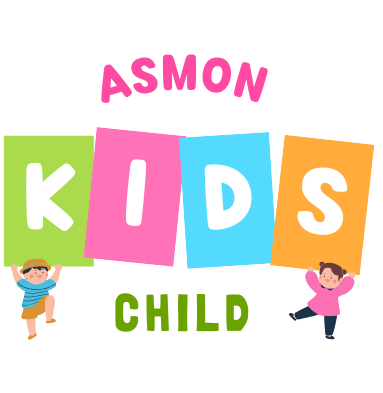
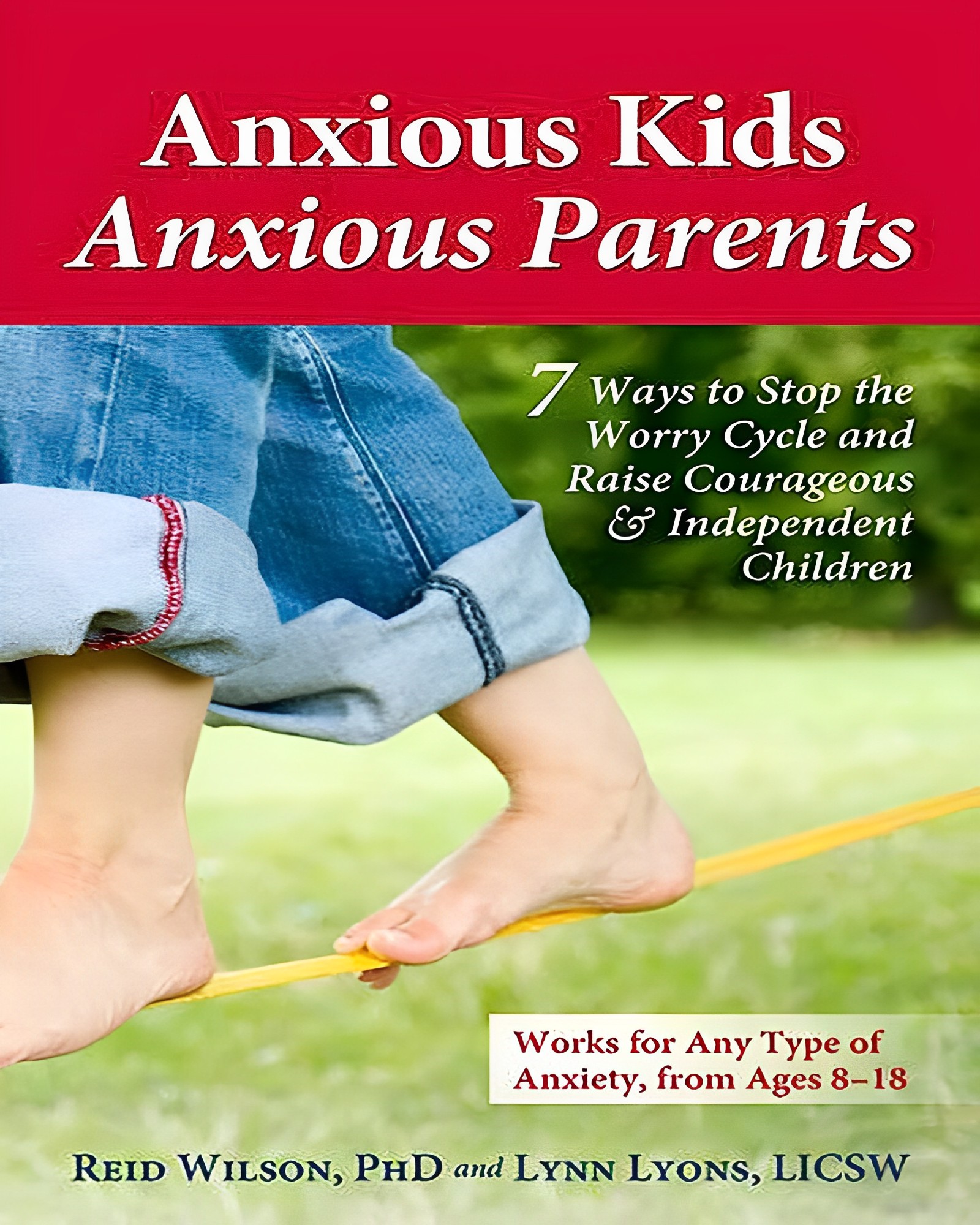
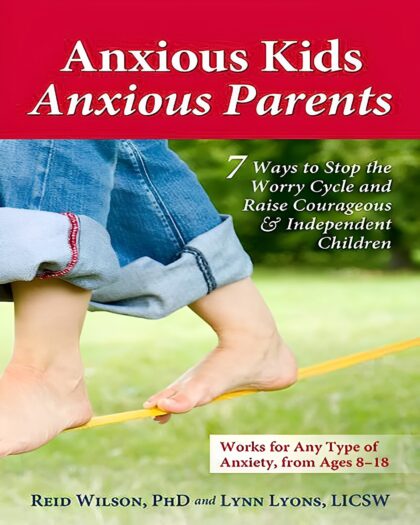
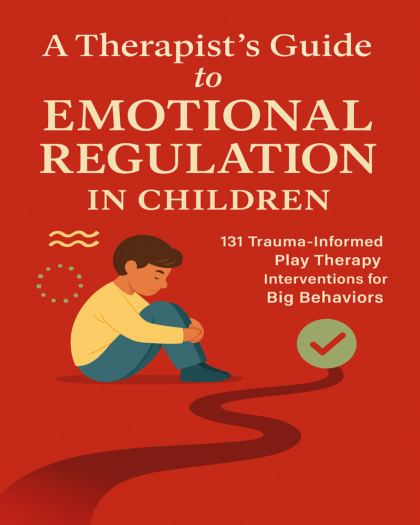
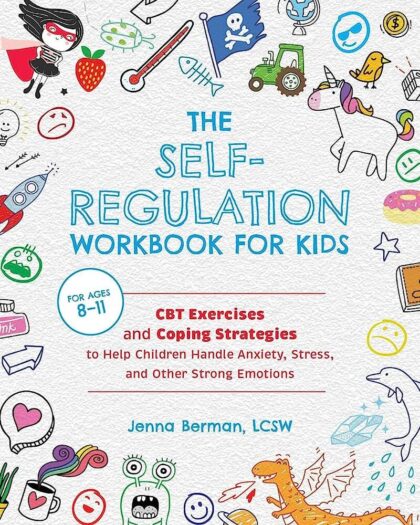
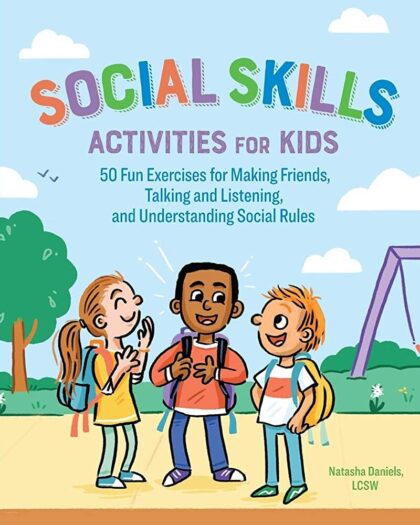
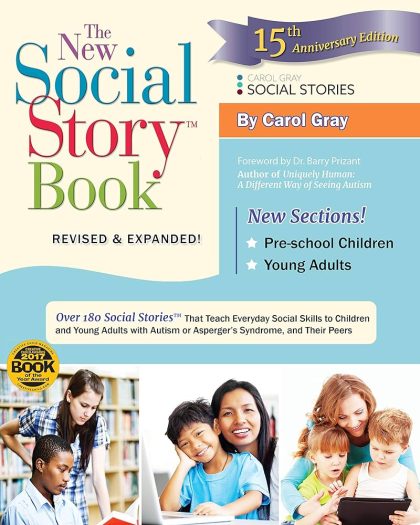
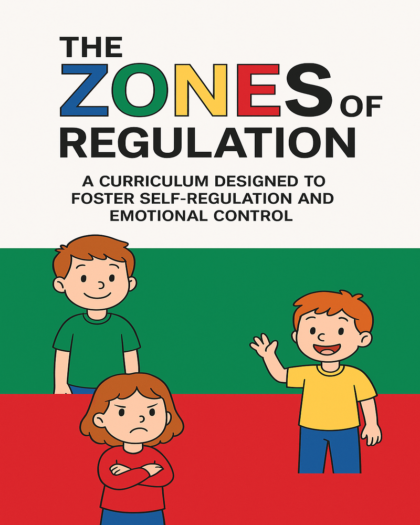
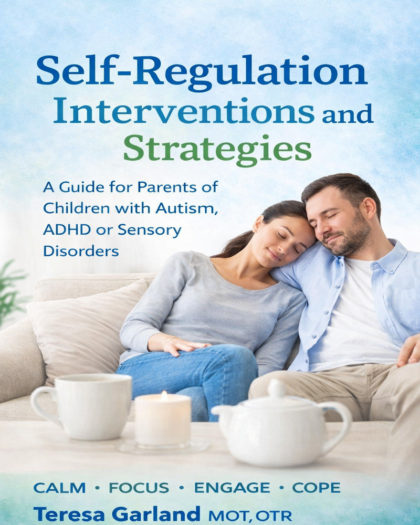
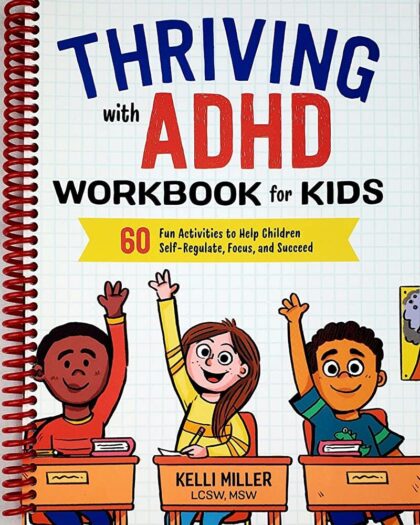
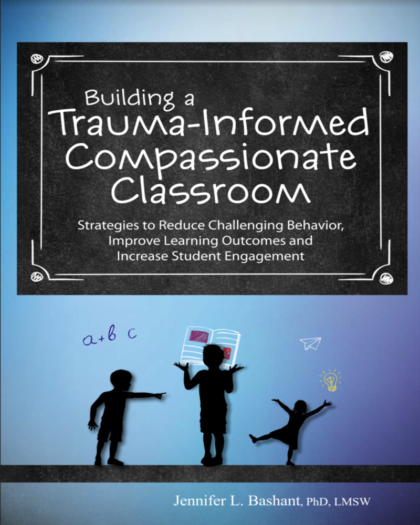
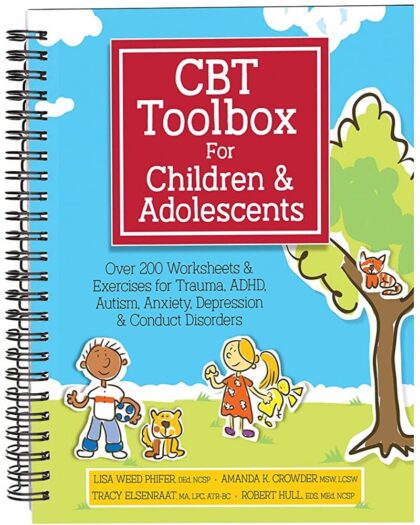
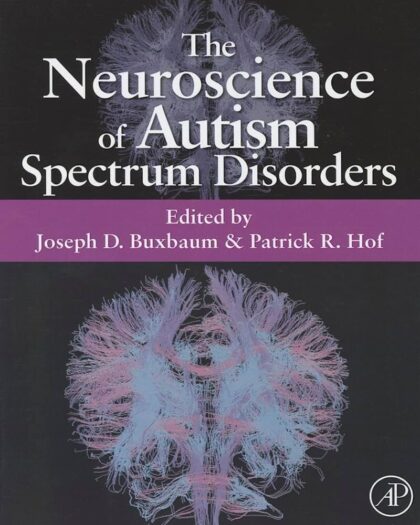
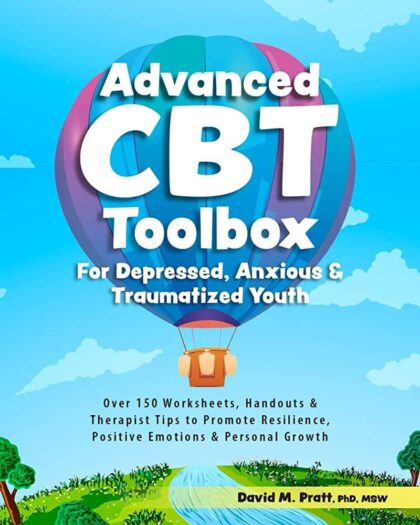
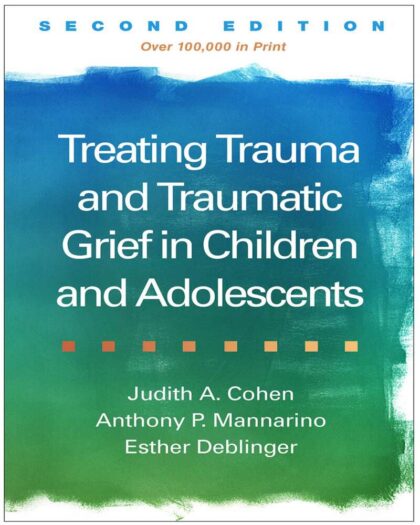
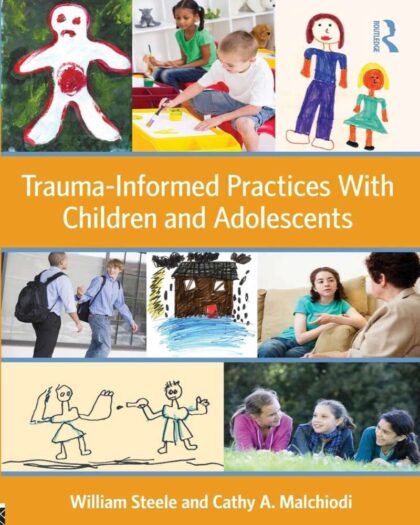
This book is structured toward older children (or adults) who do have real problems but the principles are incredibly helpful for anyone who experiences worry and anxiety. The most helpful principles I've learned is to expect worry and that it's normal in certain situations so condemning someone who feels anxious is very unhelpful. Less anxious people are not free from everyday worries but they know how to talk to their worry, so that's what an anxious person just needs to learn as well. I've also learned that worry pushes for avoidance and inaction so I am on high alert for those types of reactions in both myself and my kids.
I have responded much better toward my own worries after reading this book and am less surprised/upset when my kids express worry because I'm learning to manage/work with worry rather than eradicate it or hope it just disappears. I'm thankful to have found this book while my kids are still so young.